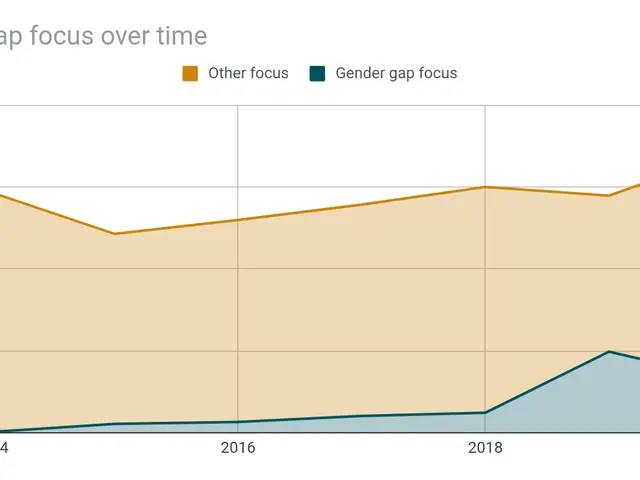Targeting Lifestyle Factors for Personalized Approach in AFib Management May Lower Risk
Atrial fibrillation, commonly known as AFib, is the most prevalent type of arrhythmia, affecting over people globally. Besides well-known heart health risk factors, AFib can be linked to other conditions, such as diabetes, obesity, and sleep apnea.
A comprehensive study summarized lifestyle factors, coexisting conditions, and socioeconomic factors that may play a crucial role in AFib. The research underscores the importance of tailored, multidisciplinary care to manage AFib and decrease the risk of death and other health complications.
Dr. Stephen Tang, a renowned cardiac electrophysiologist, explains that controlling various risk factors and coexisting conditions is essential to effectively deal with AFib. He states, "AFib's management surpasses anticoagulation for stroke prevention or rate or rhythm control with medication or ablation. It's a complex disease, driven by multifarious risk factors and comorbidities."
AFib involves an irregular heart rhythm caused by the upper left heart chamber's abnormal beating, potentially forming a blood clot. If this clot travels to the brain, it can block blood flow and lead to a stroke. Age, sex, and genetics are non-modifiable AFib risk factors, while lifestyle factors, comorbidities, and socioeconomic conditions can be modified.
Management strategies include lifestyle adjustments like exercising regularly and adopting heart-healthy habits. Blood thinners, such as warfarin and NOACs, can decrease the risk of blood clot formation and stroke. Other medications, like beta-blockers and calcium channel blockers, can regulate heart rate. In severe cases, catheter ablation may be needed to restore normal rhythm.
Physical activity is associated with a lower AFib risk, and individuals meeting the 150 minutes of moderate-to-vigorous training per week recommendation are at a lower risk. Obesity raises the risk of AFib, while moderate-to-heavy alcohol consumption, although risky, has mixed effects for low-level consumption.
Atrial fibrillation is more common in men, although women are at higher risk for complications like stroke and death. Mental health conditions like stress and depression are also associated with an increased risk, as individuals with such disorders are less likely to adhere to AFib medication regimens. Chronic conditions such as obstructive sleep apnea, heart failure, and hypertension increase the risk of AFib and associated complications.
A tailored, multidisciplinary approach considering various factors is best for managing AFib effectively. Dr. Nikhil Warrier underscores this importance, saying, "The underlying risk factors that increase the likelihood of poor AF-related outcomes can differ for every patient."
In conclusion, understanding and addressing AFib risk factors is crucial for reducing its incidence and managing the condition effectively. While changes in lifestyle habits, like exercising regularly and adopting a heart-healthy diet, are recommended, such changes can be challenging for many people. Managing and addressing coexisting conditions like hypertension, diabetes, and obstructive sleep apnea can also help reduce the risk and impact of AFib.
- The comprehensive study emphasizes the significance of personal-finance in managing AFib, as tailored, multidisciplinary care may require various resources.
- Besides cardiovascular-health, mental-health conditions like depression are linked to an increased risk of AFib, as individuals with such disorders may struggle to adhere to medication regimens.
- The research highlights nutrition as a crucial element in AFib management, as a heart-healthy diet can help reduce the risk and impact of the condition.
- Predictive science plays a vital role inAFib management, as it enables early detection and proactive interventions for more effective care.
- Regular fitness-and-exercise can help lower the risk of AFib, making it an essential component of a comprehensive AFib management plan.
- In the long run, effectively managing AFib can have financial implications, as it reduces the cost of hospitalizations and treatments associated with stroke and other complications.
- Aq (Achievement questions) research could help identify the most effective strategies for AFib management, improving outcomes for those living with the condition.
- Chronic-diseases like diabetes, sleep apnea, and hypertension can increase the risk of AFib, making it important to address these diseases concurrently for comprehensive management.






